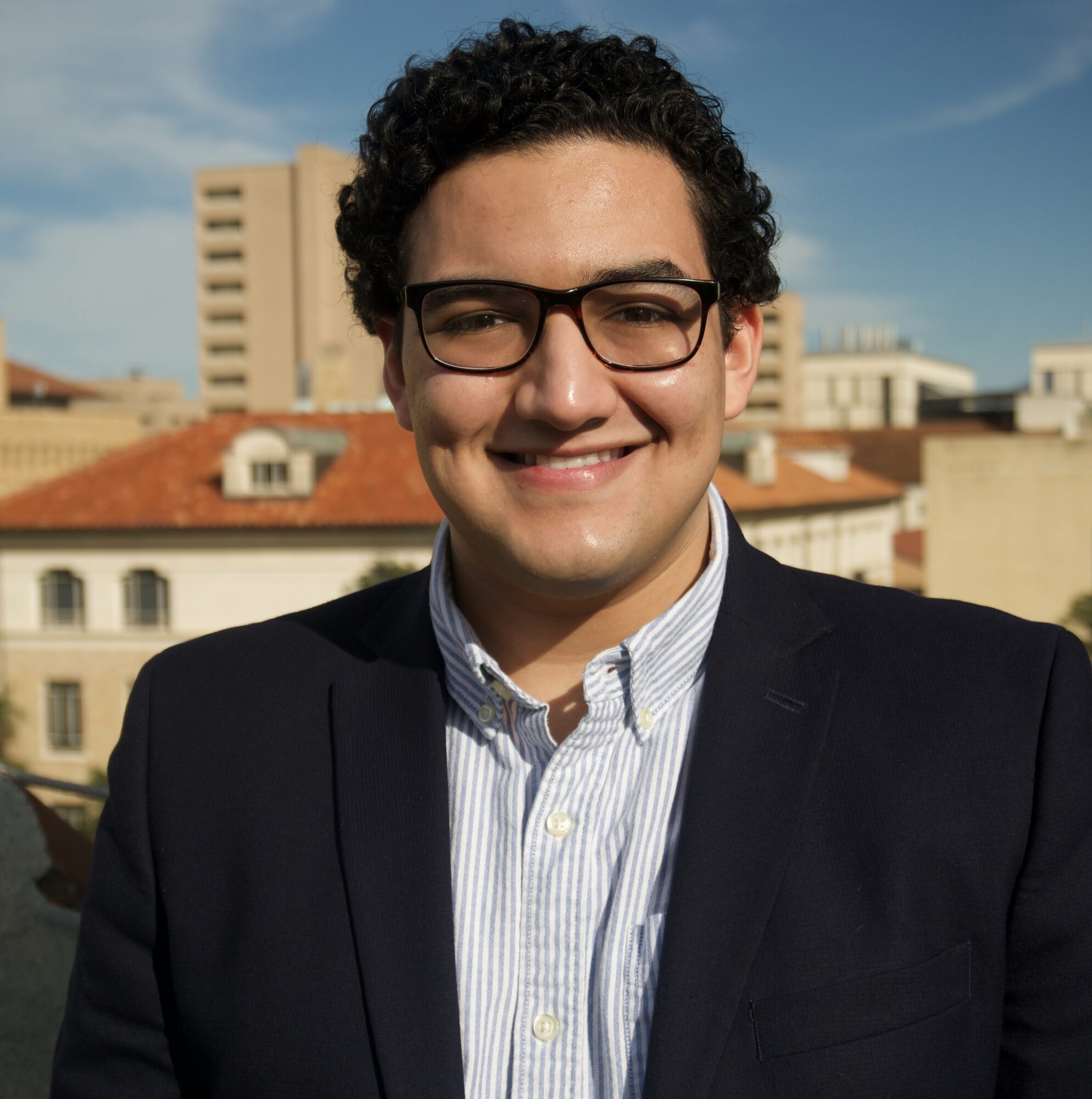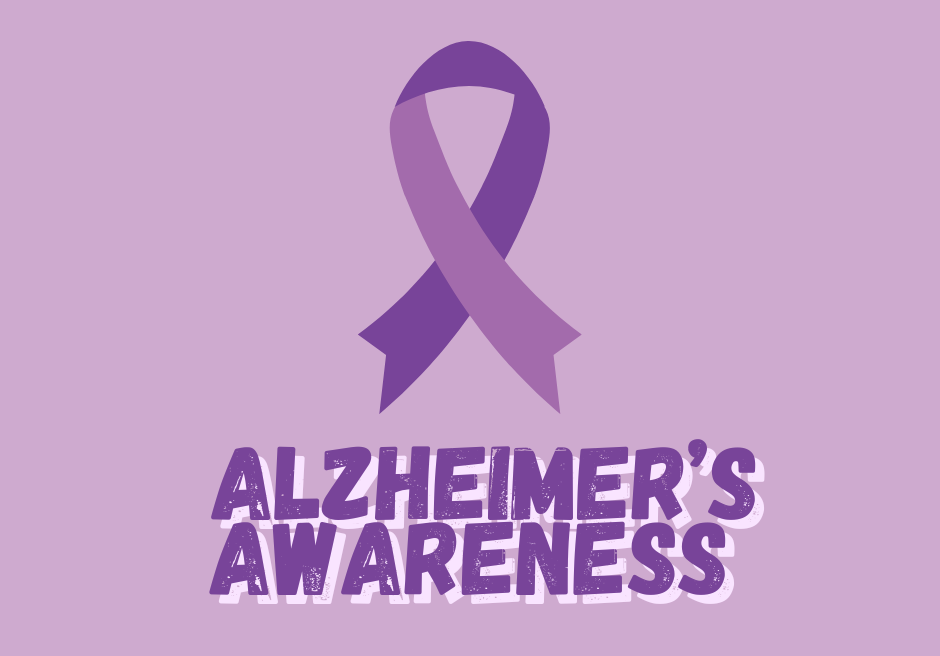Earlier this year, I participated in a focus group to provide insight on how Gen Z sees the world. The call started with the usual introductions: info from participants on where they were calling in from, what their backgrounds were, and how their weeks were going. Before long we began an hour’s long conversation that ranged from our views on the future, our thoughts on the state of youth mental health, and our ideas on what could be done to create better communities.
Response after response, I noticed something off in my answers. I’m not a pessimist, but rather, I approach life with a belief in hope’s power. But, after taking a second to reflect on my responses, I realized how negative my answers had gotten. A dreary image of the world replaced my typical optimistic view. What had happened?
Between a worsening climate crisis, fears over the economy, and the enduring effects of the worst pandemic in 100 years, Gen Z has experienced enough to swing the whole group toward a cynical view of the world and its future. At our age, we’ve experienced enough losses in our fight for a better world to understand that real change takes long, consistent effort. It’s the sort of constant cycle that has left older generations complacent with the current state of things, and younger generations the heralds of a brighter vision for our future. I’ve begun to see some peers burnout, overtaken by a belief that perhaps there is nothing that could be done to move the needle on the issues we see as most deserving of our efforts. My realization during the focus group forced me to come to terms with my own views. Had my hope finally burnt out?
Hope is an irrational concept. It does not make sense for an individual to experience or see so much struggle in the world and still believe that the arc of fate could bend toward a better tomorrow. Yet those who came before us crafted a brighter future through the hope that their present would not be permanent.
Hopelessness drives us toward inaction, but a realistic approach toward hope — where we accept that a better tomorrow is possible only if we work towards it — empowers us to build such a future. If we are to build a kinder and braver world, we must have hope that a kinder and braver world is possible. That despite all the hate, vitriol, prejudice, and greed, love, compassion, equality, and generosity will prevail.
I’d known about the power of hope. It was this same hope that provided me the audacity to believe that a kid from the border, descended from immigrants, could fight to close the digital divide. During times of difficulty, hope shone as a beacon guiding me toward comforting shores. Hope had not lost its luster, I simply needed to be reminded of the things that made me dare to hope.
During the focus group, another participant provided a brighter view of the world. They talked about how young activists who are pushing world leaders to take significant action against the climate crisis, community organizations that are supporting their neighbors in need, and the increased importance placed on mental wellness refined their hope. Their optimism reminded me that our hope is our power, and our action the tool by which we create the future we want. May we never cease to hope.





















